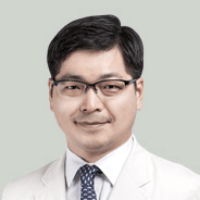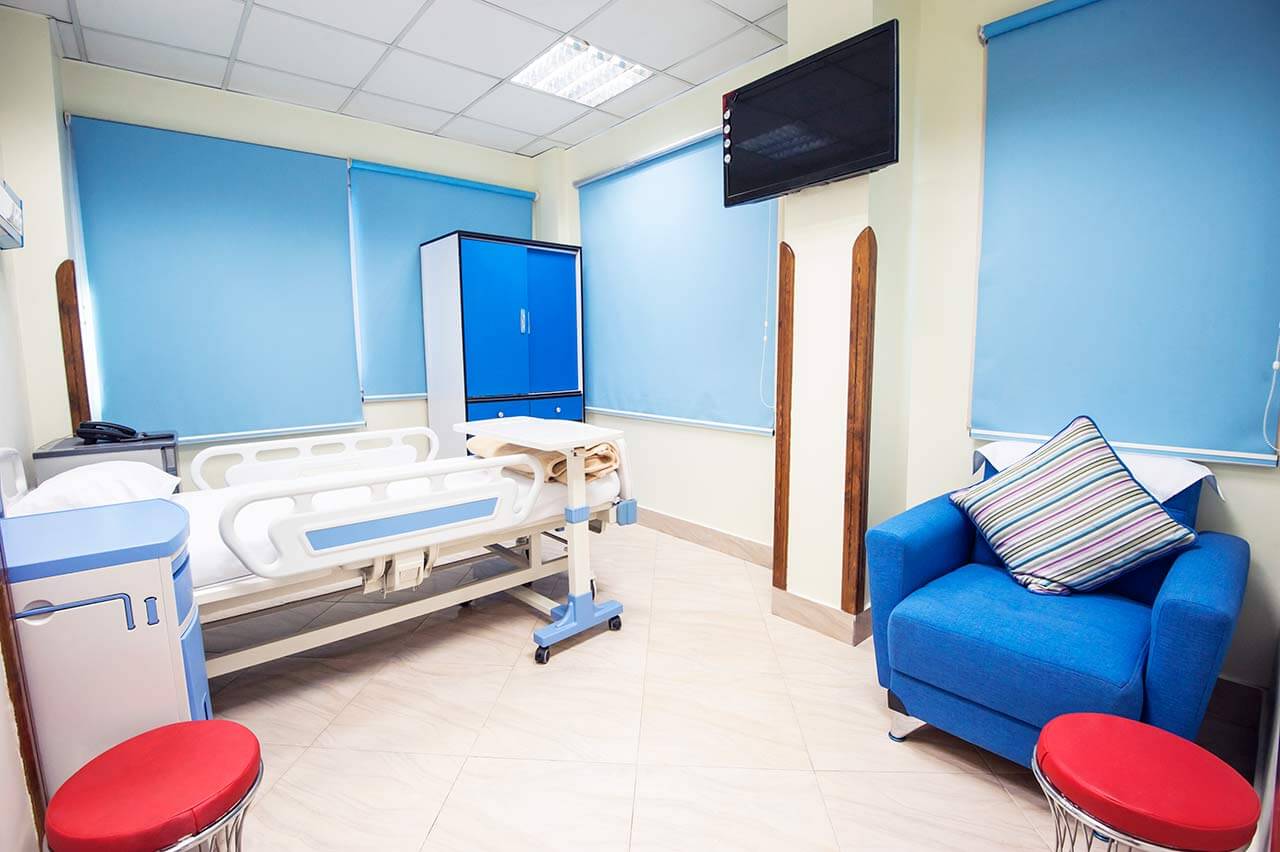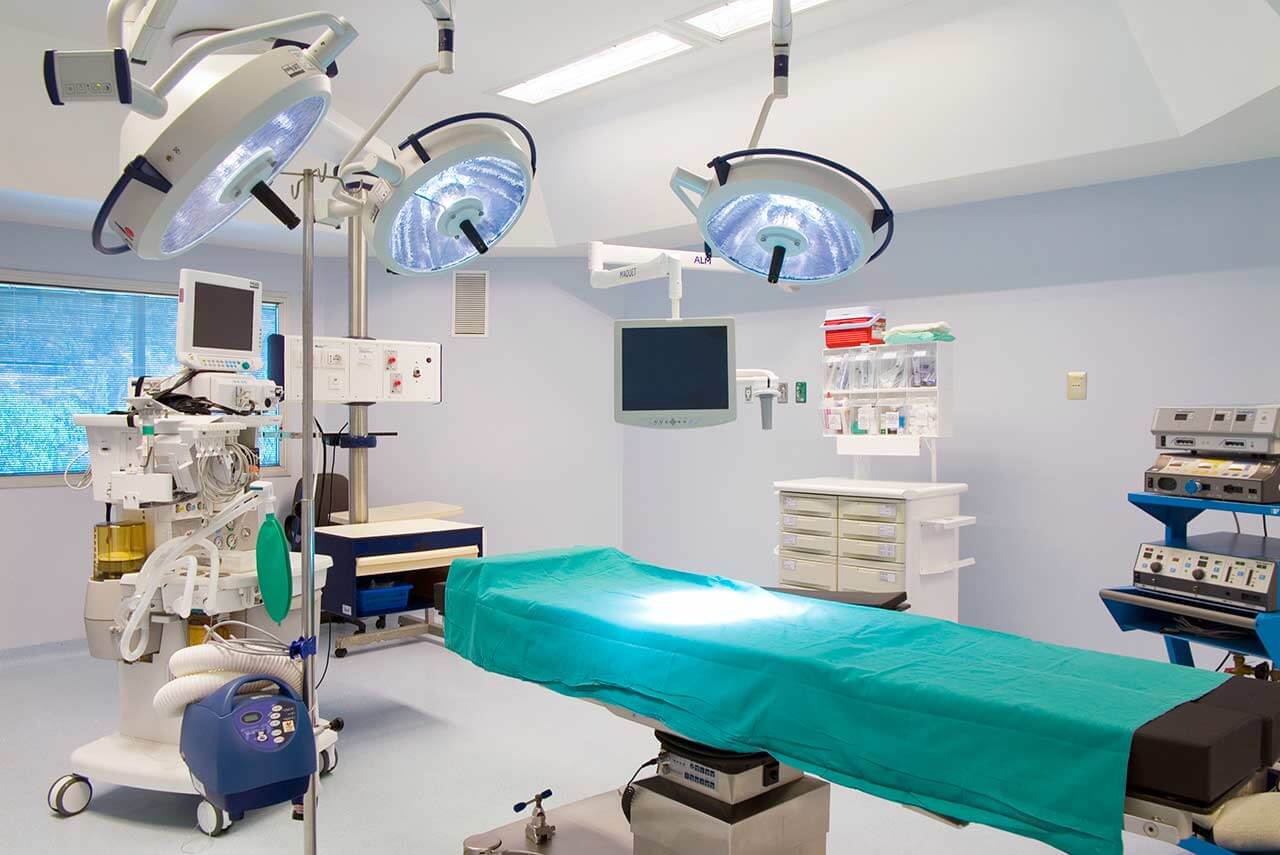
The program includes:
- Initial presentation in the clinic
- clinical history taking
- review of medical records
- physical examination
- laboratory tests:
- complete blood count
- biochemical analysis of blood
- inflammation indicators (CRP, ESR)
- indicators blood coagulation
- neurological examination
- CT/MRI scan (one region)
- spondylogram
- muscle spasm blockade
- neuropsychological tests (on indications)
- consultation of related specialists
- symptomatic specific treatment
- the cost of essential medicines and materials
- nursing services
- control examinations
- full hospital accommodation
- developing of further guidance
Required documents
- Medical records
- X-ray examination, MRI/CT scan (if available)
Service
You may also book:
 BookingHealth Price from:
BookingHealth Price from:
About the department
The Department of Neurology at the Samsung Medical Center offers the full range of services in this medical field. The department deals with the diagnosis and treatment of diseases of the central and peripheral nervous system. Much attention is paid to research activities, which aim to develop improved treatments for neurological diseases. The department is headed by Prof. Dr. med. Shon Young Min.
It should be noted that the department has excellent technical equipment, for example, CT, MRI, MRA of the latest generation, 5 modern video EEG monitoring systems, 6 well-equipped rooms for polysomnography and many other devices.
Of particular interest is the treatment of stroke, which is provided around the clock. In this field, the department employs specially trained doctors and nurses who provide patients with the most prompt and effective treatment.
The department offers diagnosis and treatment of the following neurological diseases:
- Stroke
- Headaches
- Epilepsy
- Sleep disorders
- Obstructive sleep apnea
- Insomnia
- Narcolepsy
- Parasomnia
- Circadian rhythm sleep disorders
- Other sleep disorders
- Cognitive and behavioral disorders
- Different types of dementia
- Memory impairments
- Speech disorders
- Alzheimer's disease
- Other disorders
- Motor disorders (for example, Parkinson's disease)
- Neuromuscular diseases
- Peripheral neuropathy
- Myasthenia gravis
- Amyotrophic lateral sclerosis
- Multiple sclerosis
- Neuromyelitis
- Other diseases
Curriculum vitae
- Study of Medicine at the Seoul National University.
- Fellowship at the Samsung Medical Center, Section of Epilepsy and Sleep Disorders.
- Residency at the Samsung Medical Center.
- Internship at the Seoul National University Hospital.
Additional Education
- Department of Neuroengineering Lab, Neurosurgery, Mayo Clinic Rochester, USA.
Clinical and Research Interests
- Epilepsy.
- Deep brain stimulation for epilepsy treatment.
- Noninvasive neuromodulation for controlling epilepsy.
- Presurgical evaluation for epilepsy surgery.
- Stereoencephalography.
- Sleep disorders (narcolepsy, restless leg syndrome, obstructive sleep apnea).
Membership in the Academic Societies
- Member of the Korean Neurological Association.
- Member of the Academic Board of the Korean Epilepsy Society.
- Member of the Korean Society for Clinical Neurophysiology.
- Member of the Korea Neurocritical Care Society.
- Member of the Korean Society of Sleep Medicine.
- Member of the Korean Society of Human Brain Mapping.
Photo of the doctor: (c) Samsung Medical Center
About hospital
The Samsung Medical Center was founded in 1994 and soon won the reputation of a medical facility of presidential standards, which it still preserves today. The hospital has 40 departments, 10 specialized centers and a huge Cancer Center with 655 beds.
The medical facility is equipped with advanced equipment (for example, a 32-channel spiral magnetic resonance tomograph and Somatom computer tomograph), as well as with the picture archiving and communication system that provides the highest level of medical care. In addition, the hospital boasts state-of-the-art infrastructure and outstanding medical personnel, which makes every effort to provide the patient with comprehensive first-class medical care, create a friendly attitude, show understanding and sympathy. The hospital constantly develops, monitors all world innovations and is engaged in active research activities.
Thanks to the outstanding treatment results, the hospital has the highest rating and enjoys worldwide popularity. For example, survival rates after liver transplantation and hematopoietic stem cell transplantation in children are among the best in the world. Also, the clinic demonstrates excellent treatment results for oncological diseases and the best survival rates of very premature babies (born on the 25th week of pregnancy) with a weight of only 380 g. The survival rates of very premature babies exceeds 50%, and this result is considered the best in the world.
Thus, the Samsung Medical Center is one of the best hospitals in South Korea and all over the world, known for its comfort and high-quality treatment. The hospital has received many awards, including the award of the Ministry of Health and Social Welfare.
Photo: (с) depositphotos
Accommodation in hospital
Patients rooms
The patients of the Samsung Medical Center live in comfortable patient rooms made in a modern design. Also specially equipped rooms for patients with disabilities are offered. Each patient room is furnished with a comfortable bed, a bedside table, a telephone and TV. The hospital offers free Internet access.
The medical center has an excellent infrastructure: pharmacies, a gift shop, a beauty salon, a bank, a restaurant, a food court, cafeterias, prayer rooms for representatives of different faiths.
Meals and Menus
The medical center offers patients delicious and healthy three meals a day: buffet breakfast, a nutritious lunch and dinner. The menu features a variety of international dishes, including vegetarian ones. In addition, the hospital has several food courts, cafeterias and a restaurant, where one can also taste delicious food and drink either hot or refreshing drinks.
Further details
Standard rooms include:




